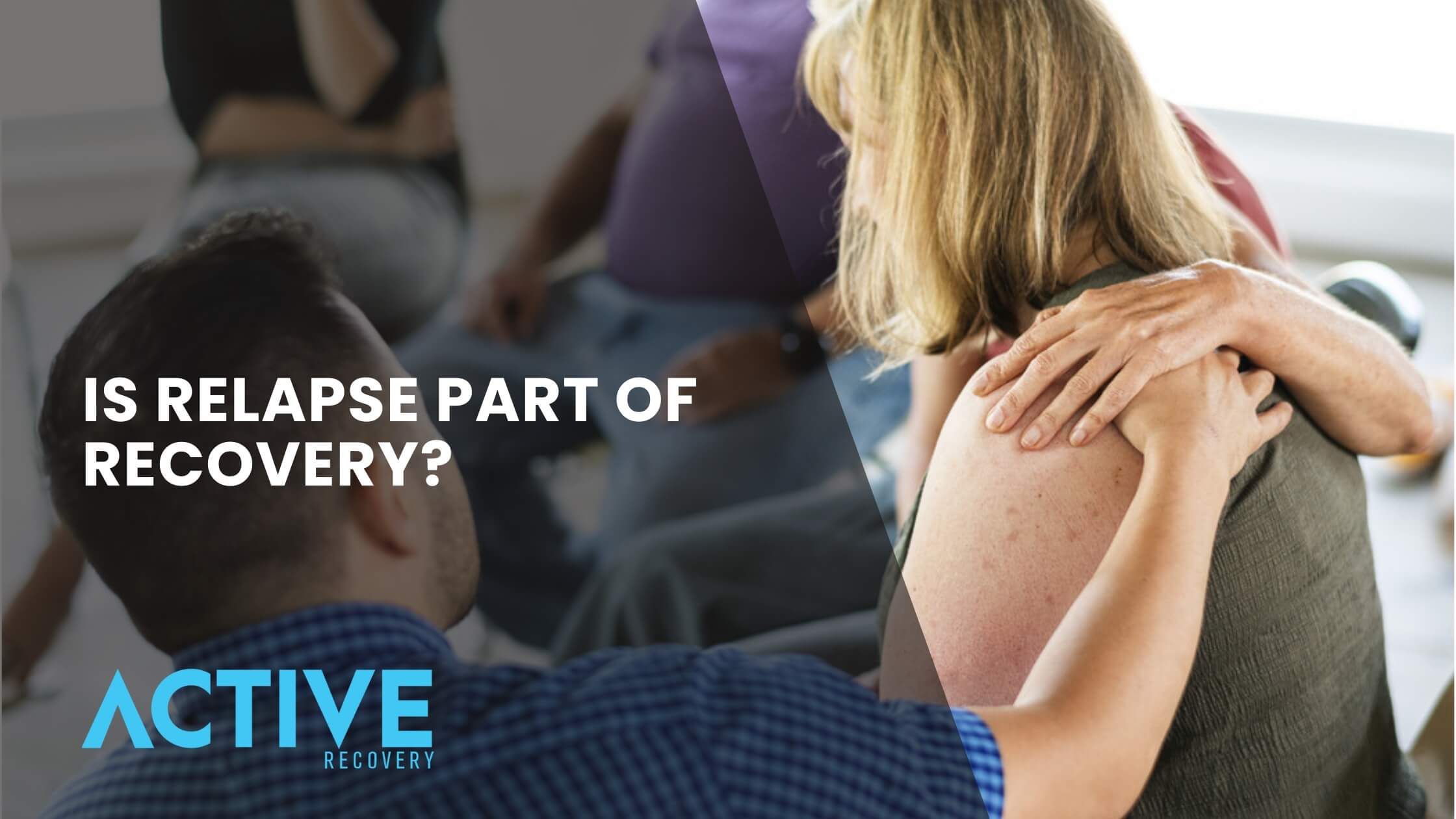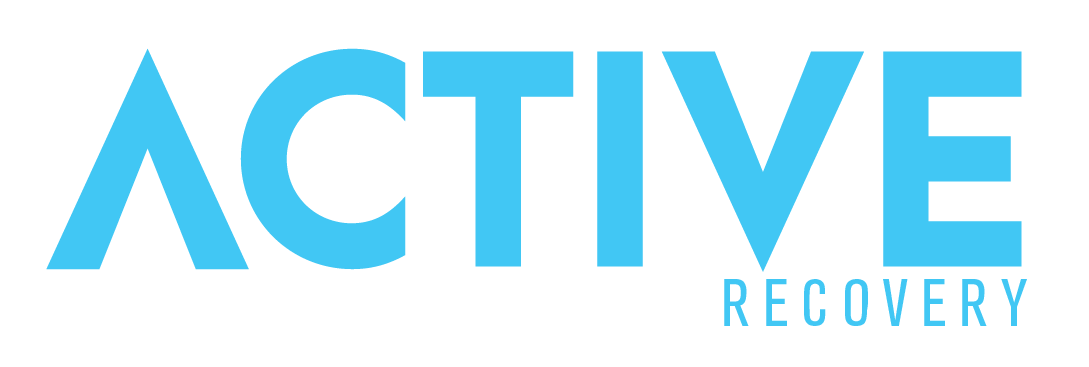Last Updated on January 8, 2024


Have you found yourself in the middle of a relapse, unsure of how you got there? If so, you're not alone. Relapse rates amongst recovering addicts and alcoholics are unfortunately fairly high. But why is this? Is relapse a normal part of recovery?
In this article, we'll touch on the ins and outs of relapse. As a leader in the sober companion industry, Active Recovery Companions is committed to providing you with reliable information and resources regarding all things recovery related. If you or a loved one are struggling with relapse, please contact us for information on aftercare services and further support.
A relapse is when a person in addiction treatment, despite periods of not using substances, returns to their previous patterns of substance use, typically involving drugs or alcohol.
It's a series of progressive stages that should be addressed immediately as it can derail your recovery.
Relapse occurs when you revert not only to the mere presence of cravings or thoughts about using the substance, but also to self-destructive behaviors and using.
When we talk about substance use recovery, a lot of people say that relapses are just a normal part of the journey.
This perspective stems from the recognition that addiction is a chronic disease, just like hypertension or diabetes, where relapse rates are anticipated. However, this does not mean relapse is an acceptable or desired outcome.
On the contrary, the goal of addiction treatment is to promote sustained recovery and to enhance your capacity for prevention of relapse.
Factors like stress, exposure to triggers, and weak coping skills can raise the risk of relapse. This emphasizes the importance of a holistic approach to treatment that not only addresses the physical aspects of addiction, but also the psychological and emotional components.
It can be extremely discouraging if relapse occurs, but remember that it doesn't signify failure.
Recovery is a personal journey that demands continuous effort and commitment. After all, the road to recovery is not a straight line but an experience filled with many ups and downs.
Through your resilience and the continuous support of the people around you, long-term recovery is an achievable goal!
The question of whether everyone in addiction recovery relapses is a tough one, and the answer is not a simple yes or no.
The nature of substance use disorder is such that it varies considerably from one individual to another due to numerous factors.
These include:
Type of substance involved
Duration and severity of use
Individual's mental health status
Effectiveness of the treatment programs undertaken
Personal commitment to stay sober
Some people may achieve long-term sobriety following their first serious attempt at recovery, while others may experience one or more relapses before they manage to maintain consistent sobriety.
Unfortunately, relapse is a common occurrence within the recovery process—with relapse statistics indicating that between 40% to 60% of individuals undergoing addiction treatment experience at least one relapse post-treatment.
This common phenomenon is influenced by various factors that contribute to the complexity of addiction as a brain disease.
The high rate of relapse in recovery can be attributed to various factors, including:
Inadequate treatment or incomplete recovery: Substance use disorder is a complex disease that demands comprehensive and long-term treatment. Individuals who don’t complete treatment or receive adequate care face a higher risk of relapse.
Underlying mental health issues: Substance use disorder often co-occur with other mental health conditions. If these underlying problems are not addressed during treatment, they can contribute to relapse.
Unavailability of aftercare and support services: Continuing care and support are important components of sustained recovery. Without proper access to aftercare services, individuals may struggle to maintain their sobriety and be more likely to relapse.
Environmental factors: Exposure to triggers, such as people, places, or situations associated with substance use, can increase the risk of relapse. Additionally, stressors in one's environment can also make it challenging to maintain sobriety.
In conclusion, the high relapse rates reveal how chronic addiction is and how difficult recovery can be.
Yes, you absolutely can get sober again after relapsing.
Many people relapse during their recovery, yet they find the strength to return to sobriety. This is a testament to human resilience and the belief that everyone deserves recovery.
Relapse does not equate to failure, it's how you respond to it that matters!
Learn from the relapse, identify the triggers, and strengthen your coping mechanisms. A significant lifestyle change can be instrumental in helping you remain sober after a relapse.
This might mean surrounding yourself with positive influences. It can also include staying active and maintaining a healthy diet. Continued participation in support groups can also provide invaluable encouragement and guidance.
Bear in mind, getting sober again after a relapse is not only possible, but it's a likely outcome if you remain committed to your recovery.
Every day presents a fresh chance to begin anew and persevere on your path towards lasting recovery. Keep pushing forward, and don't give up on yourself.
Preventing relapse requires an active and continuous effort. It involves recognizing your triggers, creating coping strategies, and applying them in your daily life.
First, you must understand that addiction, as a chronic disease, alters the brain's structure and function. This deep-rooted impact on your brain makes the journey towards sobriety an uphill battle, even after completing treatment.
The brain's persistent longing for the substance can trigger a relapse, particularly in circumstances where you are exposed to "cues" associated with prior drug use.
These cues, also known as triggers, can be certain people, places, or emotional states—instigating a strong desire to use your drug of choice again.
Second, underlying mental health problems frequently co-occur with substance use disorders, complicating the recovery process. Untreated depression, anxiety, or post-traumatic stress disorder can amplify cravings and elevate relapse risk.
The correlation between mental health and addiction highlights the necessity of a comprehensive treatment approach addressing both issues concurrently.
Third, the journey of recovery extends far beyond the completion of a treatment program.
Without a long-term recovery plan, strong social support, or healthy coping skills, individuals are more likely to relapse.
Build a Strong Support System: Surround yourself with a supportive network of friends, family, recovery consultants, and peers who understand your journey and can provide encouragement during challenging times.
Identify Triggers: Recognize the situations, emotions, or people that may trigger cravings or relapse. Understanding your triggers allows you to develop strategies to avoid or cope with them effectively.
Develop Healthy Coping Mechanisms: Replace old, destructive habits with healthier coping mechanisms such as exercise, meditation, therapy, or hobbies that help manage stress and emotional triggers.
Stay Engaged in Recovery Activities: Continue attending support group meetings, therapy sessions, or other recovery-related activities regularly. Consistency in these activities can reinforce your commitment to sobriety.
Have a Relapse Prevention Plan: Create a detailed relapse prevention plan with steps to follow in case you feel cravings or are at risk of relapse. Having a plan in place can help you stay on track and seek help when needed.
Achieving sobriety is a lifelong commitment that requires consistent effort to stay sober.
Active Recovery can significantly impact your path to long-term sobriety.
Our holistic approach tackles the challenges of addiction and the complexities of the human brain with compassion. We will equip you with the necessary tools to identify triggers, develop coping mechanisms, and stay sober in the face of adversity.
With Active Recovery, you're not just a passive participant in your healing, but an active player in shaping your destiny.
Our team of recovery coaches and mental health companions will be with you every step of the way to provide guidance, support, and accountability. So together we can create a plan that fits your unique needs and goals.
Remember, relapse is a detour, not a dead-end. There is still hope for those coming back from relapse.
If you or a loved one are struggling with relapse, please reach out to us today. Embrace the possibility of a rewarding, substance-free life you truly deserve.

© 2023, Active Recovery Companions